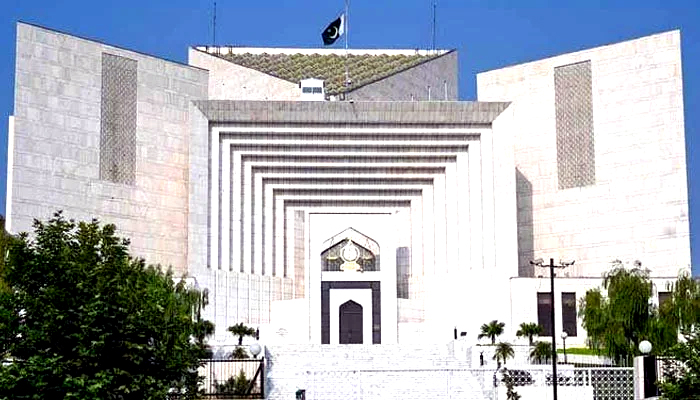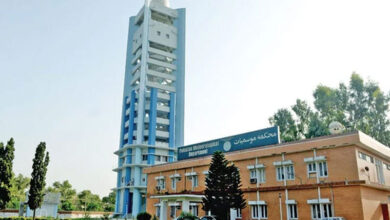Judicial Commission Rules 2024 Approved: Key Changes and Updates

Islamabad:The **Judicial Commission Rules 2010** have been officially revoked, and the new **Judicial Commission Rules 2024** have been approved and made public.
According to the new rules, the previously existing **Judicial Commission Rules 2010** have been repealed, and any pending matters under the 2010 rules will now be considered under the new framework. The commission aims to ensure that such matters are handled in line with the 2024 rules, as far as possible.
### Key Highlights of the Judicial Commission Rules 2024:
1. **Judicial Commission Secretariat**:
The Secretariat for the Judicial Commission will be located at the Supreme Court building, or any other location decided by the Chairperson. The records of the commission will be securely stored.
2. **Judicial Appointment Criteria**:
For the appointment of judges, merit will be evaluated based on the judge’s oath under the constitution. When reviewing the merit of a nominee, professional competence, experience, and legal skills will be considered. A nominee’s performance, communication skills, and integrity will also play a role in the decision-making process.
3. **Consultation and Representation**:
During the nomination process for judges in the High Courts, lawyers and judicial officers will be adequately represented to ensure transparency. The commission will also take seniority into account when reviewing judicial officers’ qualifications.
4. **Appointments and Nominations**:
The Chairperson will determine the number of vacancies for Supreme Court judges and request nominations accordingly. For High Courts and the Federal Shariat Court, the Chairperson will consult with the relevant Chief Justice before making nominations.
5. **Additional Conditions**:
If a member nominates someone other than the most senior judge for a particular position, they will need to provide reasons for their decision. Similarly, if the Commission does not appoint the most senior judge as the Chief Justice, they must explain the rationale behind the decision.
6. **Nomination Process**:
Nominations must be submitted within 15 days of the request. Late nominations will not be considered. The Secretariat will gather reports from two civilian intelligence agencies on the background of nominated individuals. These reports will be reviewed by the commission during meetings.
7. **Voting and Decision Making**:
Voting on nominations will be conducted through a show of hands, and a majority vote is required for a nominee to be selected. If a nominee fails to secure the necessary majority, a secondary round of voting will take place. Only two nominees per vacant position will be considered during this process.
8. **Transparency and Publication**:
The commission’s decisions will be published in a summarized form on the official website. The details of discussions during meetings, however, will remain confidential unless the commission decides otherwise by majority vote. The Chairperson may also form committees to address specific issues related to the commission’s duties.
9. **Security and Confidentiality**:
All commission proceedings will be held in private unless directed otherwise. The minutes of the meetings, decisions, and voting results will be recorded, and decisions will be shared with the Prime Minister’s Principal Secretary for further action.
10. **Rules Enforcement**:
In case of any doubts regarding the application of these rules, the commission will resolve such issues through specific orders, subject to approval by at least two-thirds of its members.
### Conclusion:
The **Judicial Commission Rules 2024** aim to provide a more structured and transparent framework for judicial appointments in Pakistan, with an emphasis on merit, seniority, and integrity. The rules also focus on maintaining confidentiality and ensuring that decisions are made in a fair and accountable manner. This new framework is expected to bring more clarity to the judicial nomination process and ensure that appointments are made based on clear and justifiable criteria.






